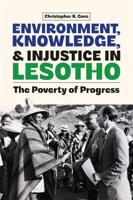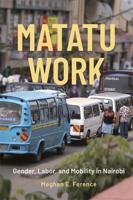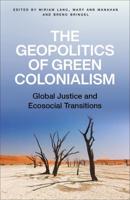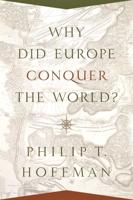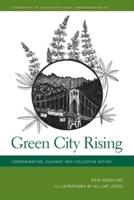Publisher's Synopsis
With climate change and a looming ecological crisis impacting the systems and institutions that support life, this timely publication examines the drivers of ecologically induced genocide - the environmental destruction resulting in conditions of life that fundamentally threaten a social group's cultural or physical existence. Focusing on the former British colonies of Kenya and Australia, both united by a discourse of developmentalism, the book draws attention to the critical role that the destructions of ecologies has historically played, and continues to play, in the genocide of Indigenous and place-based peoples. It synthesises radical political ecology with a political-economic approach to illuminate the nexus between the inherently genocidal and ecocidal properties of the capitalist global system and the manner in which the ecocidal logic of capital intersects with settler and post-colonial structures. In exploring the genocidal effects of climate governance and market environmentalism on Indigenous peoples in Kenya and forms of energy extraction on Indigenous groups in Australia, the book also draws on original interviews to prioritise the lived experiences of, and give voice to, the groups that have suffered structural violence and social harms. Fundamentally, it puts forward a political economy of genocide, which seeks to explain the manner in which material forces, on local and global scales, underpin and give rise to ever-evolving relations of genocide. As such, this important book deepens and enriches our knowledge of genocide and the eco-genocidal nature of colonisation, and the capitalist mode of production that underpins developmentalism.





